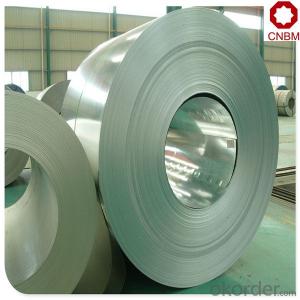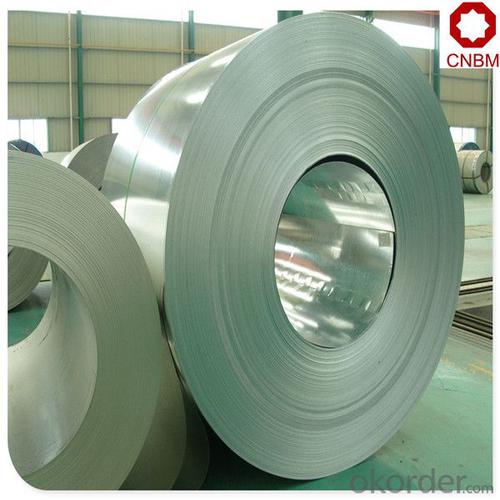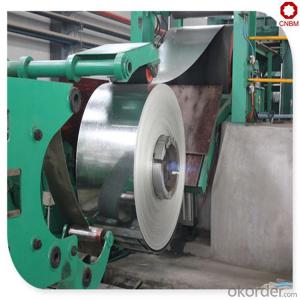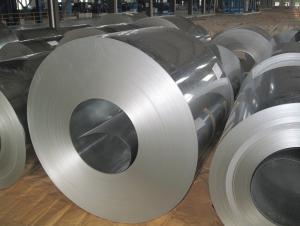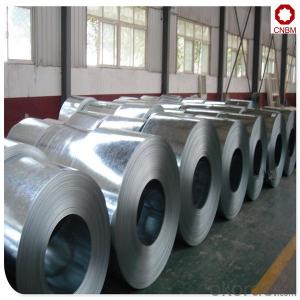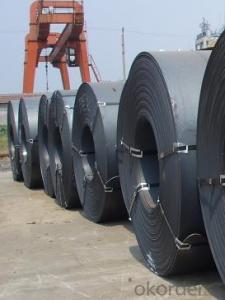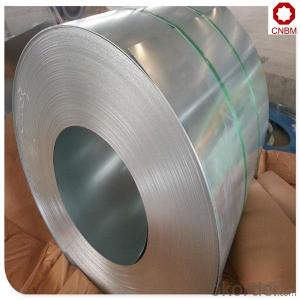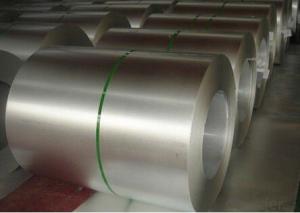Construction steel coil hot sale SGCC galvanized by hot dipped
- Loading Port:
- China main port
- Payment Terms:
- TT OR LC
- Min Order Qty:
- 25 m.t.
- Supply Capability:
- 50002 m.t./month
OKorder Service Pledge
OKorder Financial Service
You Might Also Like
Specification
Hot-dip galvanized steel coils are available with a pure zinc coating through the hot-dip galvanizing process. It offers the economy, strength and formability of steel combined with the corrosion resistance of zinc. The hot-dip process is the process by which steel gets coated in layers of zinc to protect against rust. It is especially useful for countless outdoor and industrial applications. Production of cold formed corrugated sheets and profiles for roofing, cladding, decking, tiles, sandwich walls, rainwater protective systems, air conditioning duct as well as electrical appliances and engineering.
Bers | 201,202,304,304L,309S,310S,316,316L,316Ti,317L,321,347H,409,409L,410,420, 430,etc. |
Brand | TISCO ,BAO STEEL,POSCO,JISCO,LISCO. |
Certification | ISO,SGS,BV. |
Thickness | 0.3mm-60mm. |
Width | 1000mm,1219mm(4feet),1250mm,1500mm,1524mm(5feet), |
Length | 2000mm,2440mm(8feet),2500mm,3000mm,3048mm(10feet), |
Surface | NO.1, NO.2, 2B, BA, NO.4, 8K. |
Standard | ASTM,AISI,SUS,JIS,EN,DIN,BS,GB,etc. |
Delivery time | 5-15 days after confirming the order. |
MOQ | 1 ton |
Package | Bundles, seaworthy wooden cases. With or without edge protector, steel hoop and seals, or as per customers' requirements. The inner size of container is below: |
Payment term | L/C at sight or 30% TT as deposit and the balance paid against copy of B/L. |
Applications | architectural decoration, luxury doors, elevators decorating, metal tank shell, ship building, decorated inside the train, as well as outdoor works, advertising nameplate, the ceiling and cabinets, aisle panels, screen, the tunnel project, hotels, guest houses, entertainment place, kitchen equipment, light industrial and others. |
Advantages | Showing the splendor of your quality, wear-resistant as well, strong corrosion resistance and decorative effect, durable and beautiful in good taste. |
Pictures for stainless steel coil :
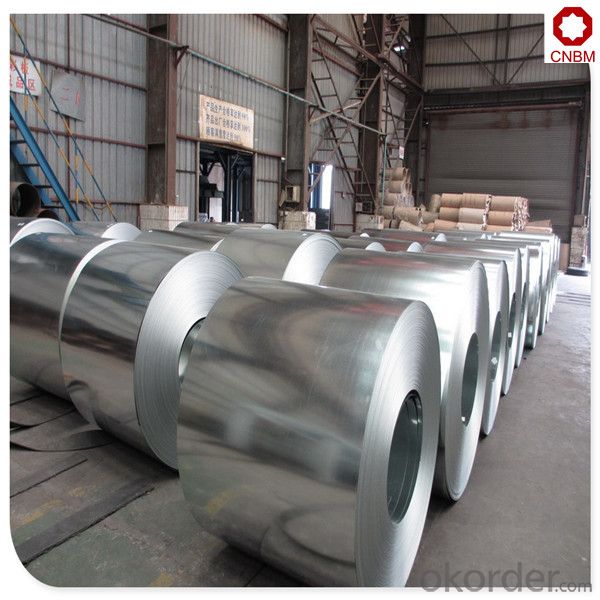
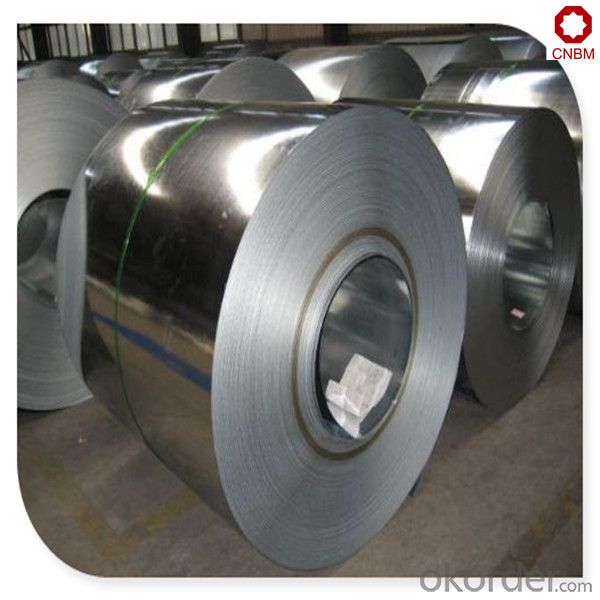
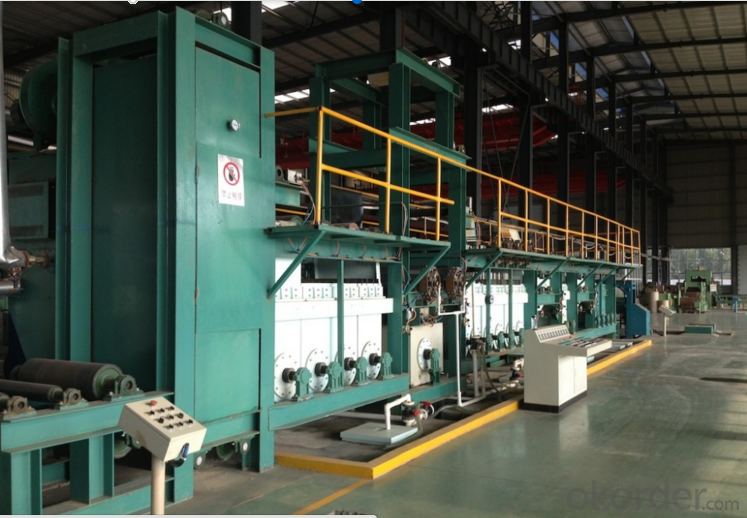
FAQ
Q: How do you guarantee the quality of your product?
A: Every process will be checked by responsible QC which insures every product's quality.
Q: How much is your delivery time?
A: Normally within 30 days of receipt of LC original or prepayment, but mostly according to the specific requirements or the quantity
Q: I need sample, could you support?
A: We can supply you with the sample for free, but the delivery charges will be covered by our customers. For avoiding the misunderstanding, it is appreciated if you can provide the International Express Account for Freight Collect. Also you can have a visit to us, welcome to CNBM!
- Q: How do steel coils contribute to acoustic performance in buildings?
- Steel coils can contribute to acoustic performance in buildings by providing a solid structure that reduces vibrations and sound transmission. The use of steel coils in construction helps dampen noise by absorbing and dissipating sound waves, resulting in a quieter and more comfortable indoor environment.
- Q: What is the average surface finish tolerance for steel coils?
- The average surface finish tolerance for steel coils typically ranges from 0.5 to 1.5 micrometers.
- Q: Are Danielle steel books good to read. Im 15 , but do I have to wait until Im a bit older.
- No they are a good read.
- Q: What are the dimensions of steel coils used in the agricultural machinery industry?
- The dimensions of steel coils used in the agricultural machinery industry can vary depending on the specific application and requirements. However, common dimensions for steel coils used in this industry typically range from 0.5 to 2.0 millimeters in thickness and 600 to 1500 millimeters in width. These dimensions are suitable for various agricultural machinery components such as panels, frames, brackets, and reinforcements. It is important to note that these dimensions can be customized based on the specific needs of the machinery or the manufacturer's specifications.
- Q: How are steel coils inspected for yield strength using tensile testing?
- Tensile testing is the method used to inspect the yield strength of steel coils. This involves subjecting a sample of the coil to controlled tension until it reaches its breaking point. Through this test, various mechanical properties of the steel, including yield strength, can be determined. To conduct the tensile testing for yield strength inspection, a small strip of the coil is cut and prepared. The strip is then placed in a machine specifically designed for tensile testing. This machine consists of two grips that securely hold the strip at opposite ends. Subsequently, the machine applies a steadily increasing force to the strip, causing it to elongate until it eventually breaks. Throughout the test, the machine measures the force applied and the elongation of the strip. The yield strength is determined by identifying the point on the stress-strain curve where the material begins to undergo plastic deformation, meaning it exhibits permanent deformation without any increase in load. Typically, the yield strength is reported as the stress required to cause a specific amount of plastic deformation, such as 0.2% or 0.5%. This value represents the maximum stress that the steel can endure without experiencing permanent deformation. By performing tensile testing on a sample of the steel coil, it becomes possible to ascertain its yield strength. This information is vital in ensuring the quality and dependability of the steel coil, as it indicates the maximum stress it can tolerate before permanent deformation occurs. Furthermore, this testing method allows for the comprehensive evaluation of other mechanical properties, including ultimate tensile strength, elongation, and modulus of elasticity, thus providing a thorough understanding of the steel's performance characteristics.
- Q: I have several stainless steel utensils and appliances, so when I put them through the dishwasher some of them are rusting, I think its because my current dishwashing soap is harsh, what is some great dishwashing soap that will clean my dishes and not be so hard on my stainless steel appliances and utensils?
- Sorry to tell you this, but it is the quality of the stainless steel utensils. I had the same problem in the past. It pays to spend a little more when you plan to wash your silverware in the dishwasher. I did and I am very happy with the new silverware. I never changed my detergent, just a better quality silverware.
- Q: Can steel coils be coated with vibration-damping materials?
- Yes, steel coils can be coated with vibration-damping materials. The application of vibration-damping coatings can help reduce the transmission of vibrations and noise, enhancing the performance and durability of steel coils in various applications.
- Q: How do steel coils contribute to the transportation industry?
- Steel coils contribute to the transportation industry by being used to manufacture various components and structures for vehicles, such as the body frames, chassis, and suspension systems. These coils are also used in the production of shipping containers, railcars, and cargo ships, ensuring the safe and efficient transportation of goods across different modes of transport.
- Q: What are the common coil diameter and weight combinations available for steel coils?
- The common coil diameter and weight combinations available for steel coils vary depending on the specific requirements of the industry or application. However, some commonly available coil diameter ranges include 24 inches to 72 inches, while weight combinations can range from 3,000 pounds to 50,000 pounds or more. These dimensions can be further customized based on the needs of the customer and the capabilities of the steel manufacturer.
- Q: in broken steel can you to missions and get things like the dog, you previously didnt do/get in fallout 3?
- I wish you people would put your questions in the right place.
Send your message to us
Construction steel coil hot sale SGCC galvanized by hot dipped
- Loading Port:
- China main port
- Payment Terms:
- TT OR LC
- Min Order Qty:
- 25 m.t.
- Supply Capability:
- 50002 m.t./month
OKorder Service Pledge
OKorder Financial Service
Similar products
Hot products
Hot Searches
Related keywords
